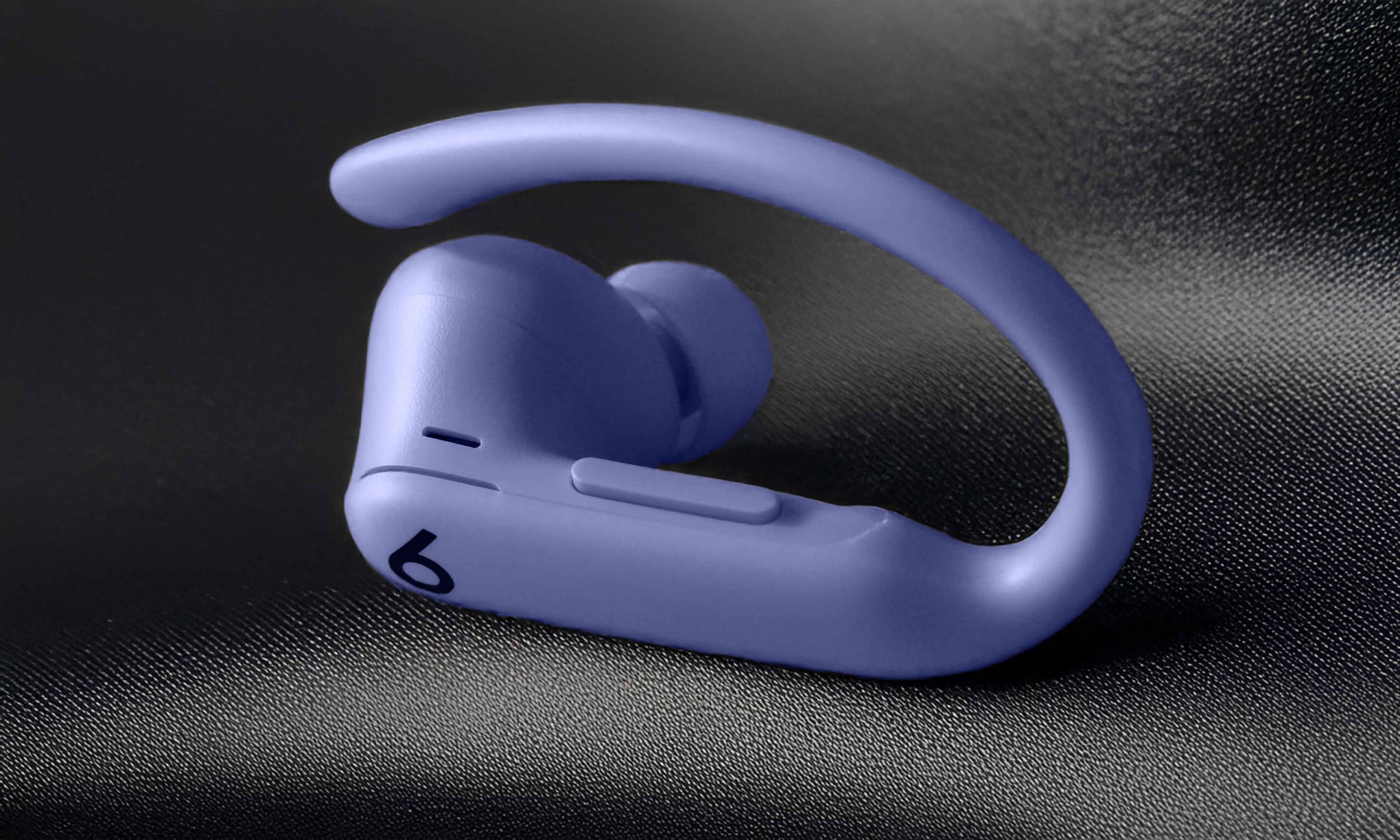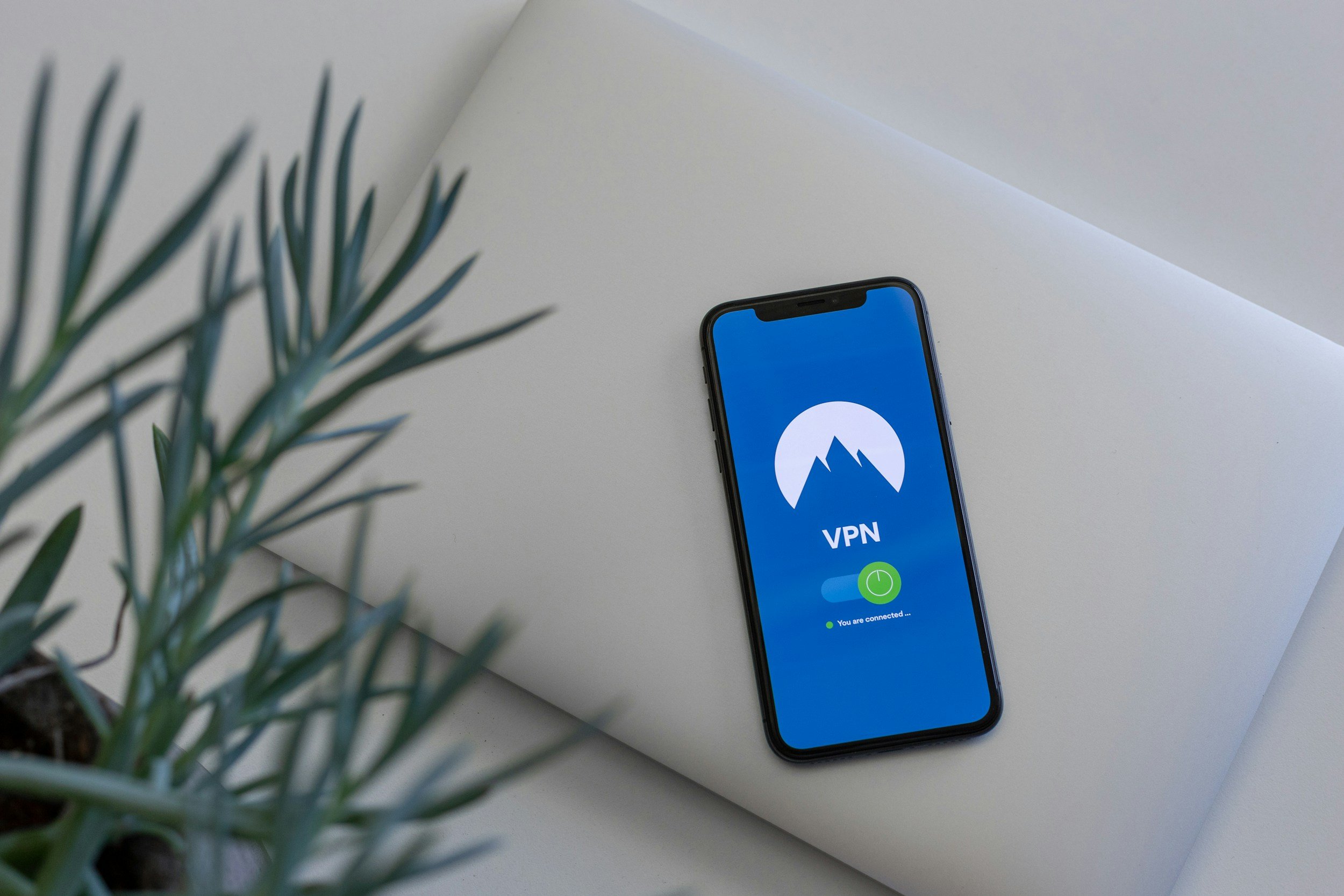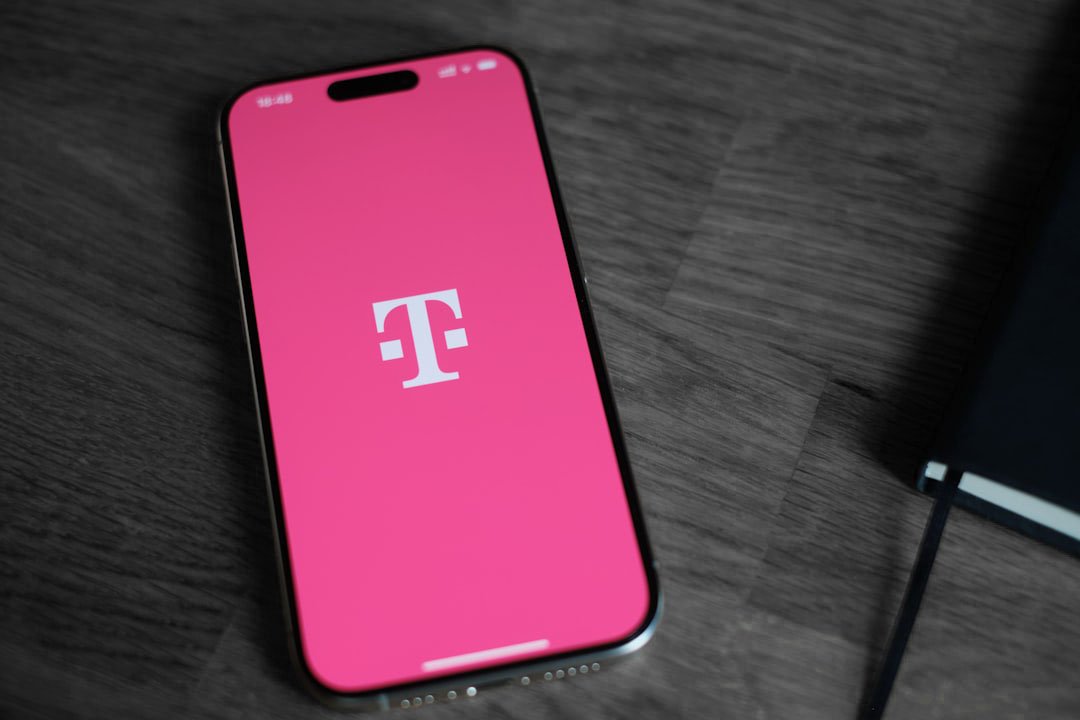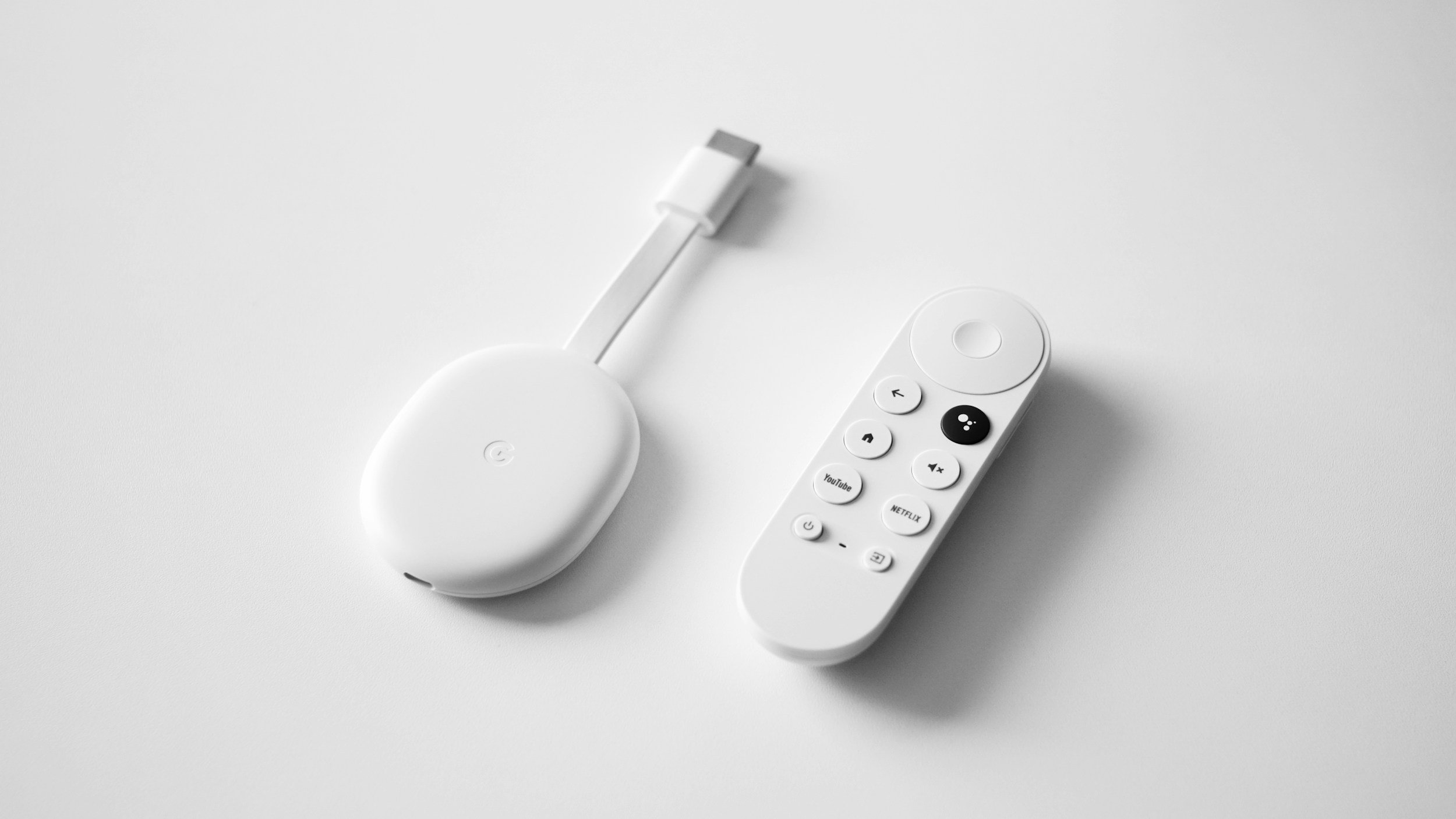How to Turn On a Samsung Galaxy Tab – For All Models
When you purchase through links on my site, I may earn an affiliate commission. Here’s how it works.
Table of Contents Show
Are you about to boot up a Samsung Galaxy Tab? Then this guide is for you.
I'll guide you through the basic power-up process and then delve deeper into troubleshooting steps in case something goes wrong.
Ready to become a Samsung Galaxy Tab power user? Let's get startet!
How to Turn On Your Samsung Galaxy Tab
Now, the Samsung Galaxy Tab isn't a one-size-fits-all kind of deal.
We're talking about a range that stretches across different models – each with its unique features and specifications.
From the high-end Galaxy Tab S series to the mid-range Tab A series, and not forgetting the budget-friendly Tab E series, Samsung has catered to a wide spectrum of needs and budgets.
But here's the thing: Most of them are actually powered on in the exact same way.
Only sometimes there are subtle differences in how you power on these devices.
For instance, the location of the power button might vary slightly, or the way you perform a soft reset could differ.
Let's break it down into a step-by-step approach:
Step 1: Locate the Power Button
Locate the power button on your device. Generally, it's on the right side or the top of the device for most models.
Step 2: Power On
Press and hold the power button for a few seconds to turn on your Samsung Galaxy Tab.
What Happens Next?
After powering on, you'll be taken to the lock screen, where you can swipe, use a password, or, in some models, use biometric data like your fingerprint to unlock the device.
Once unlocked, you'll be at the Home screen, where you can access all your apps and features.
Why Is My Samsung Galaxy Tab Not Turning On?
You've followed the steps, but your Samsung Galaxy Tab just won't power on? Here are a few tricks you can try:
1. Check Your Charger and Cable
Okay, so first things first – let's see if your charger and cable are good to go.
Take a quick look for any signs of damage, like fraying or cuts.
Give them a test run on another device to double-check they're doing their job.
If they're acting up, it might be time to switch them out because they could be the reason your tablet's not powering up.
2. Plug in and Wait
If your Galaxy Tab's battery is totally drained, it might not turn on right away when you plug it in.
Just connect your tablet to the charger and give it about 15 minutes.
Then, try switching on the device. This helps the battery get a little charge to boot up smoothly.
3. Soft Reset
A soft reset, also known as a forced restart, can be a very useful tool if your Samsung Galaxy Tab isn't responding or is frozen.
It doesn't erase any data; it just gives your device a fresh start. Let me break it down:
Step 1: Get Your Tablet Ready
Make sure your tablet is at hand and set for the reset process.
Step 2: Find the Power and Volume Down Buttons
They're usually on the right side of the device.
Step 3: Press and Hold
Hold down the Power button and the Volume Down button at the same time for about 10–15 seconds.
Step 4: Wait for the Vibration
Your device should vibrate, signaling the start of the soft reset.
Step 5: Release and Check
Once the device vibrates, let go of both buttons.
Your Samsung Galaxy Tab should restart, hopefully sorting out any issues you were experiencing.
4. Factory Reset
If everything else doesn't do the trick, you might need to resort to a factory reset on your Samsung Galaxy Tab.
Keep in mind, though; this will wipe out all data on your tablet, including apps, settings, and personal files.
If you can, back up any crucial data before diving in. Here's how you do it:
Step 1: Backup Your Data
Before you jump the gun, make sure you've backed up all important data.
This includes contacts, photos, files – the works. You can use Samsung Cloud, your Google account, or a PC to back up your data.
Step 2: Turn Off Your Tablet
To begin the factory reset, turn off your tablet completely.
Step 3: Enter Recovery Mode
Hold down the Power button, Volume Up button, and Home button (if your model has one) simultaneously.
Release all buttons when the Samsung logo appears. This will take you to the recovery menu.
Step 4: Navigate the Menu
Use the Volume Up and Down buttons to move through the recovery menu.
Find the "wipe data/factory reset" option.
Step 5: Confirm Factory Reset
Hit the Power button to confirm the factory reset.
This gets the ball rolling, resetting your tablet to its original factory settings.
Step 6: Reboot Your Device
After the reset is done, pick the "reboot system now" option using the Power button.
Your Samsung Galaxy Tab will restart with its initial factory settings.
If your Galaxy Tab still refuses to power on after trying all these methods, it might be time to hit up Samsung support or take your tablet to a professional for a check-up.
Don't be discouraged though – tech hiccups happen, and most of the time, they're fixable.
Conclusion
And there you have it! We've simplified the process of turning on your Samsung Galaxy Tab and gone through some troubleshooting tips.
But now, it's your turn. Have you tried these methods on your Galaxy Tab? Did this guide help you gain more control over your tablet, or did you encounter any hitches along the journey?
Share your experiences in the comments below, or connect with me on social media.
And if you haven't done so yet, make sure to subscribe to my newsletter. It's your gateway to the latest tech tips, comprehensive reviews, and fresh updates from the tech realm that you definitely don't want to miss.
Thanks for reading, and as always, talk to you in the next one.
FAQ
-
The process is straightforward.
Hold down the power button (usually located on the top or side of the tablet) until the Samsung logo appears, then release it.
-
Try charging your tablet for at least 15 minutes before attempting to turn it on again.
If the issue persists, you may need to perform a soft or hard reset.
-
Generally, the steps to turn on different models of Samsung Galaxy Tabs are the same.
However, the location of the power button may vary.
-
Exploring your device's settings and features is a great start.
For more in-depth information, refer to your device's user manual or visit Samsung's official website.
MOST POPULAR
LATEST ARTICLES


















